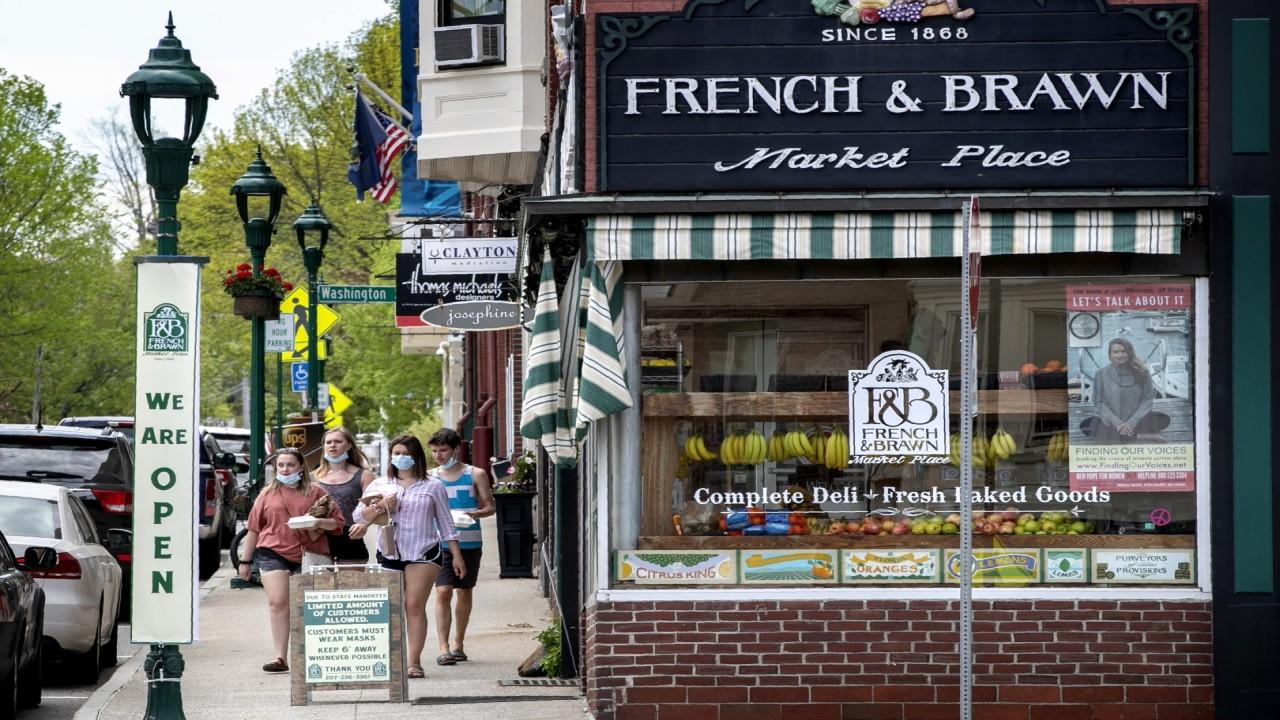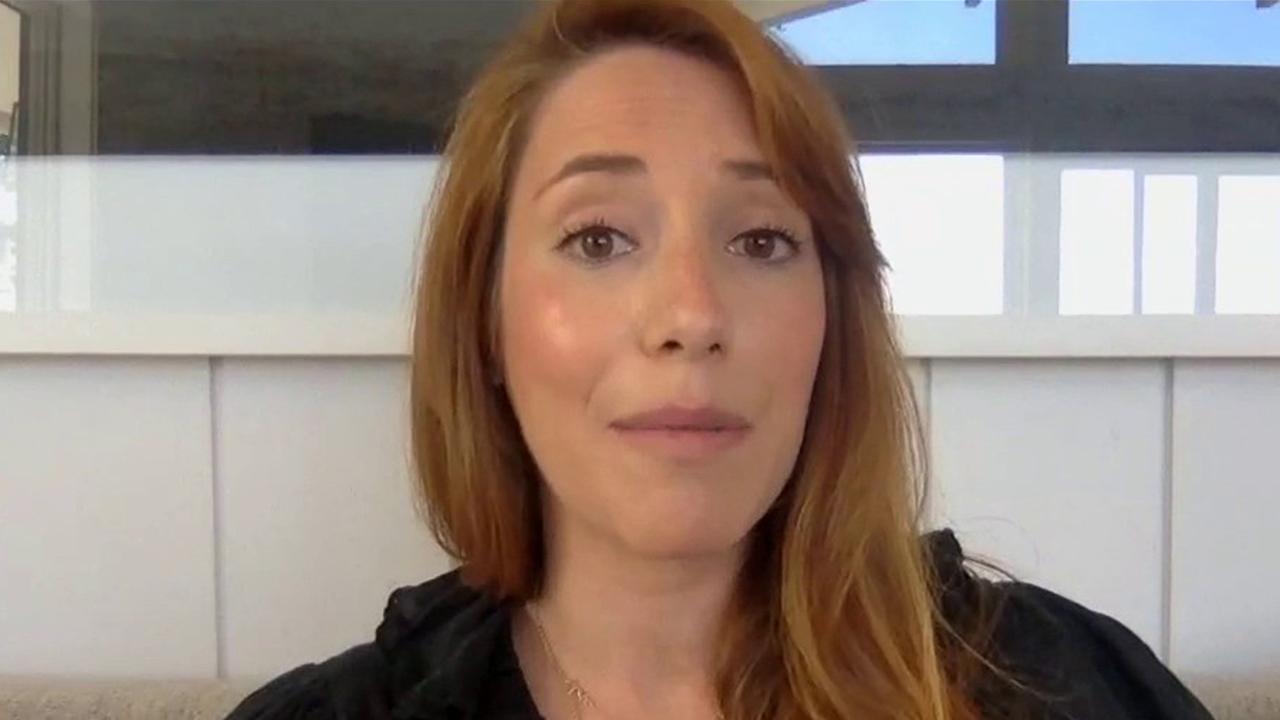Restaurant owners finally get a major win
Congress has recognized that small businesses, restaurants included, need help
The thought of sitting with friends and family to enjoy a meal at a restaurant mostly feels like a distant luxury right now. It is certainly one that keeps me going while still in relative social isolation. But for the more than 15.6 million workers whose employment is tied to the American restaurant industry, it is no distant luxury—it is how they put food on their own families’ tables.
Thankfully, Congress has recognized that small businesses, restaurants included, need help. Some restaurants have already been benefiting from the Paycheck Protection Program (PPP), a $681 billion fund that provides small businesses with loans to help cover payroll costs.
CANNED MEAT SALES SURGE AS CORONAVIRUS PANDEMIC CONTINUES
The program provides a helpful start, but for reasons specific to the restaurant industry, many restaurant owners have been hesitant to even apply, even though restaurants are among the hardest hit by the current crisis.
This is why the PPP Flexibility Act, signed into law earlier this month, is so exciting. It addresses two critical aspects of the original previous PPP legislation which have kept many restaurant owners on the sidelines. These additions are vital, both for saving America's most beloved industry, and ensuring that we all have somewhere to celebrate in the hopefully not too distant future.
Extends the Deadline for Rehiring Staff
The advantage of PPP loans is that they convert to grants, as long as businesses meet certain criteria. In the original version of the PPP bill, those criteria required businesses to use 75 percent of the funds to retain or rehire employees within 56 days of receiving the money. For companies that are able to operate and bring employees back to work, this is a sensible rule designed to make sure that money goes into workers' pockets.
HUNDREDS TEST POSITIVE AT TYSON FOODS PLANT IN ARKANSAS
Restaurants, however, are in a different predicament. Although some have begun to reopen in parts of the country, others are still mostly shut down and unlikely to fully reopen anytime soon. Those offering pickup and delivery are bringing in only a small fraction of their normal revenue.
Even as they reopen, many restaurants will be forced to operate at reduced capacity to account for social distancing. In a business with notoriously slim margins, this means that they still won't be able to support as many employees as they did prior to COVID-19.
The result is that most owners will not be able to rehire their full staff until the fall or even until 2021, well after the 56-day window specified in the original bill. Because of this stipulation, many restaurant owners have been hesitant to even apply for PPP relief, since they have been rightfully worried about their ability to rehire staff in time for the loans to be forgiven.
This means that instead of PPP working as "free money," restaurants have had to decide whether they want to take on considerable debt in an already uncertain situation.
The Flexibility Act directly addresses this issue by extending the current 56-day window to 24 weeks. This gives owners much needed breathing room--the time they need to hire back their staff when demand actually matches pre-pandemic levels. This extension will encourage restaurants to actually take advantage of PPP so that they can reopen as soon the economy comes out of lockdown.
Reduces the Percentage of Funds Required for Payroll
The second issue concerns the percentage of the loan that must be applied to payroll. The original bill required that 75 percent of a PPP loan’s proceeds be directed to payroll costs, a stipulation that made owners nervous.
The reason: while payroll often makes up the majority of restaurant expenses, other costs like permits, suppliers, and steep rent can quickly add up to well over 25 percent of a monthly operating budget. Restaurant owners already have steep bills from their vendors and landlords, and restocking on inventory after months of hiatus is going to take an even greater share of the budget when they're able to reopen.
CLICK HERE TO GET FOX BUSINESS ON THE GO
The Flexibility Act correctly reduces the payroll requirement to 60 percent, giving owners the room they need to pay other bills without risking their eligibility for loan forgiveness. Again, this added flexibility means that owners will be much more likely to take advantage of PPP funding.
As an industry rooted in socializing, restaurants have been especially vulnerable in the wake of COVID-19. Programs like PPP provided a helpful foundation to help our industry but often fell short of their intended effect.
In the meantime, patrons have been incredibly generous in making up for government shortfalls, by purchasing gift cards, donating to relief funds, and tipping generously on online orders. Nonprofits like ROAR and the Independent Restaurant Coalition have also proven invaluable in advocating on the industry’s behalf.
Billboards in Times Square even went dark recently, to show support for restaurants affected by the crisis. But to really help our industry, the Senate needed to pass the Flexibility Act.
Now, nearly three months after most restaurants shut their doors, Congress has finally passed a bill that makes sense for restaurant owners and empowers them to take advantage of the relief efforts enacted by the government. Better late than never.
Krystle Mobayeni is the Cofounder and CEO of BentoBox, a company that empowers over 5,000 restaurants to own their online presence, profits, and relationships.






















